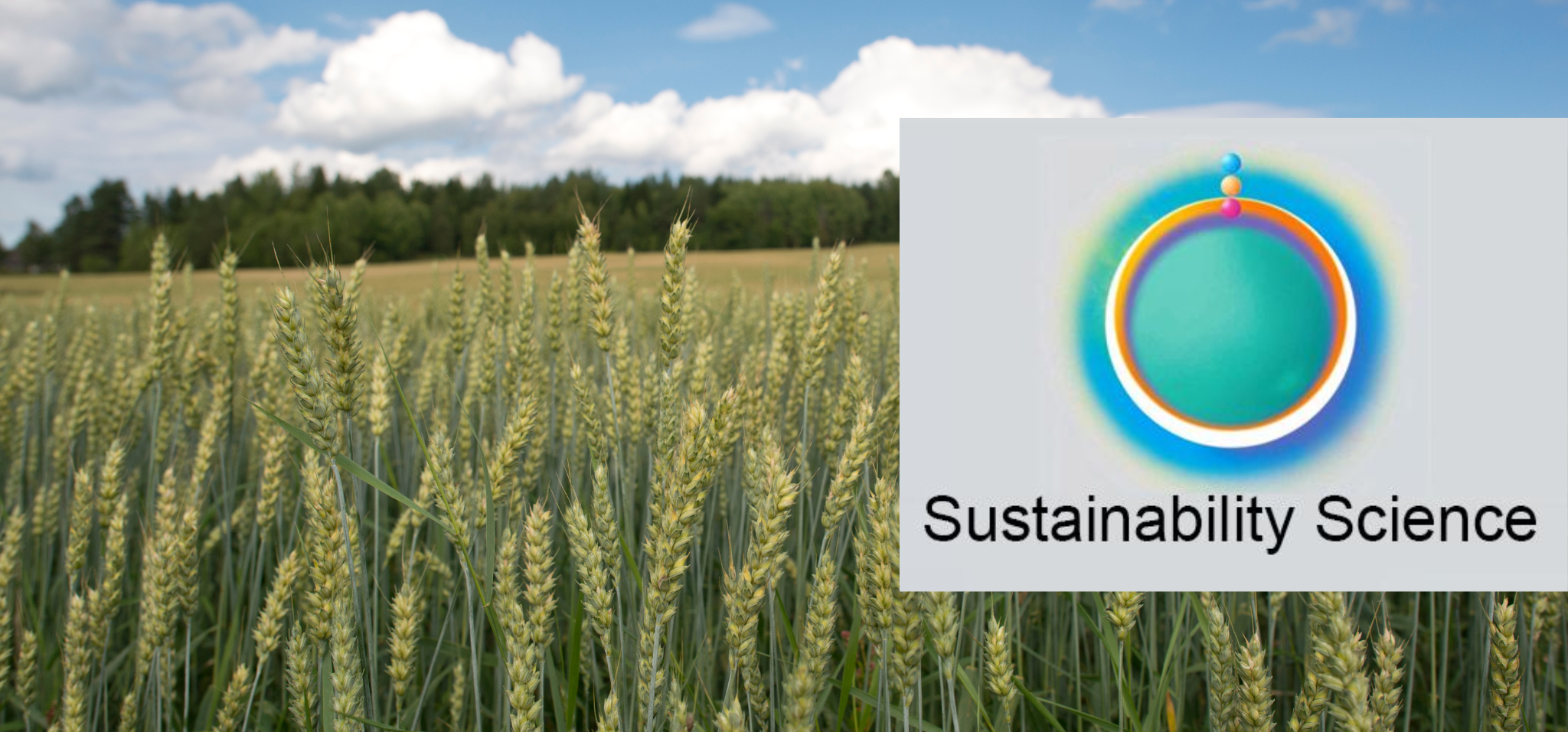
The latest paper led by FABLE Sweden has been published in Sustainability Science, as part of the Special Issue 'Globally-Consistent National Pathways towards Sustainable Food and Land-use Systems'.
Authors: Shyam Basnet, Amanda Wood, Elin Röös, Torbjörn Jansson, Ingo Fetzer & Line Gordon.
Abstract
In the EU, including Sweden, organic farming is seen as a promising pathway for sustainable production, protecting human health and animal welfare, and conserving the environment. Despite positive developments in recent decades, expanding organic farming to the Swedish national target of 30% of farmland under organic production remains challenging. In this study, we developed two scenarios to evaluate the role of organic farming in the broader context of Swedish food systems: (i) baseline trend scenario (Base), and (ii) sustainable food system scenario (Sust).
Base describes a future where organic farming is implemented alongside the current consumption, production and waste patterns, while Sust describes a future where organic farming is implemented alongside a range of sustainable food system initiatives. These scenarios are coupled with several variants of organic area: (i) current 20% organic area, (ii) the national target of 30% organic area by 2030, and (iii) 50% organic area by 2050 for Sust. We applied the ‘FABLE (Food, Agriculture, Biodiversity, Land-use and Energy) Calculator’ to assess the evolution of the Swedish food system from 2000 to 2050 and evaluate land use, emissions and self-sufficiency impacts under these scenarios.
Our findings show that expanding organic farming in the Base scenarios increases the use of cropland and agricultural emissions by 2050 compared to the 2010 reference year. However, cropland use and emissions are reduced in the Sust scenario, due to dietary changes, reduction of food waste and improved agricultural productivity. This implies that there is room for organic farming and the benefits it provides, e.g. the use of fewer inputs and improved animal welfare in a sustainable food system. However, changing towards organic agriculture is only of advantage when combined with transformative strategies to promote environmental sustainability across multiple sections, such as changed consumption, better production and food waste practices.